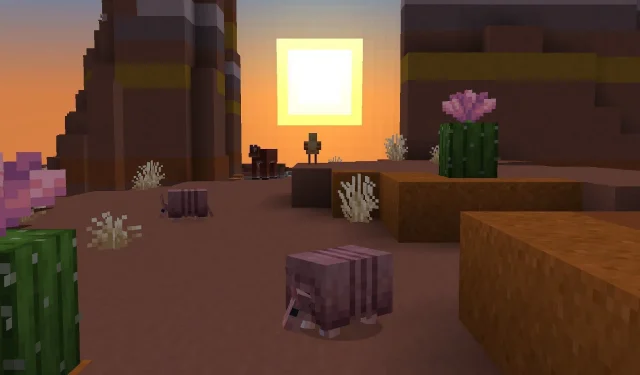Minecraft boasts a variety of biomes, including jungles, deserts, and savannahs, each characterized by unique flora, weather patterns, and animal life. Players often express their desire for dynamic seasons in this blocky universe, viewing it as one of the most enticing enhancements that could be made to the game.
In fact, a highly voted post on the official Minecraft feedback portal highlights a strong community interest in implementing a seasons update. However, introducing such a significant feature poses numerous challenges that may not be immediately apparent.
The Complexity of Implementing Seasonal Changes
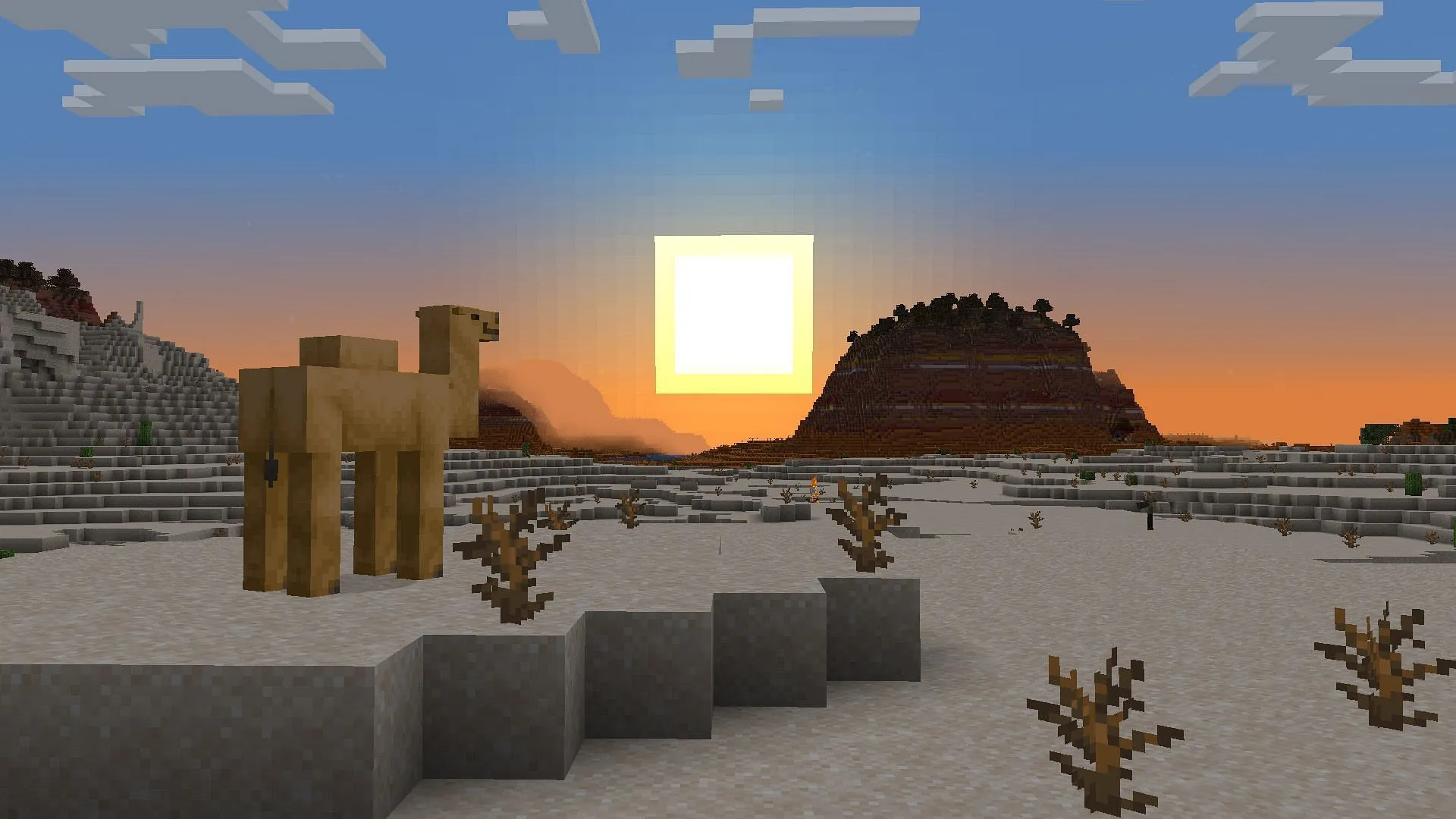
Introducing a comprehensive seasons update in Minecraft would require extensive changes across the game’s ecosystem. Mojang Studios has shifted towards smaller, more frequent updates rather than large-scale annual revisions. A seasons update would impact not just the aesthetics of biomes but also gameplay mechanics, mobs, and even block textures, creating a complexity that could be overwhelming for developers.
Such a significant update would need to be holistic; piecemeal additions would not suffice to deliver a cohesive seasonal experience. As a result, Mojang may regard the complexities and scale of this update as a reason to prioritize other features.
Potential Performance Concerns
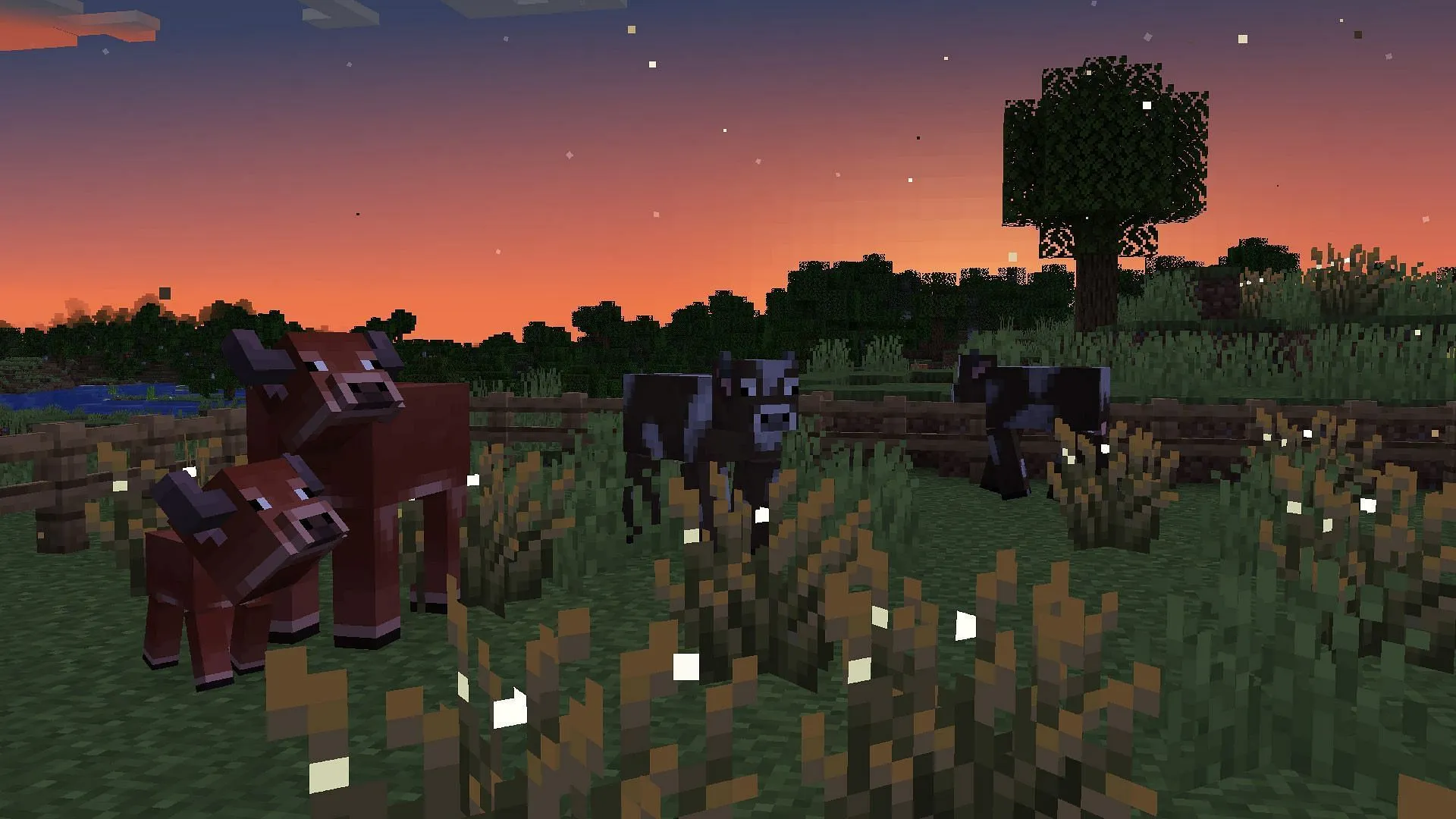
Minecraft is celebrated as one of the most-played games globally, available on various platforms including PCs, consoles, and handheld devices. Given the game’s widespread accessibility, a seasonal update with dynamic elements poses significant challenges in terms of performance optimization.
While high-end computers may handle these enhancements well, lower-end devices, such as older smartphones, could struggle. Although some suggest a toggleable feature for capable devices, balancing performance across the range of hardware remains a daunting task. Optimizing such a feature to ensure a smooth gameplay experience could divert resources from other potentially smaller, yet impactful updates.
Gameplay Mechanics and Seasonal Conflicts
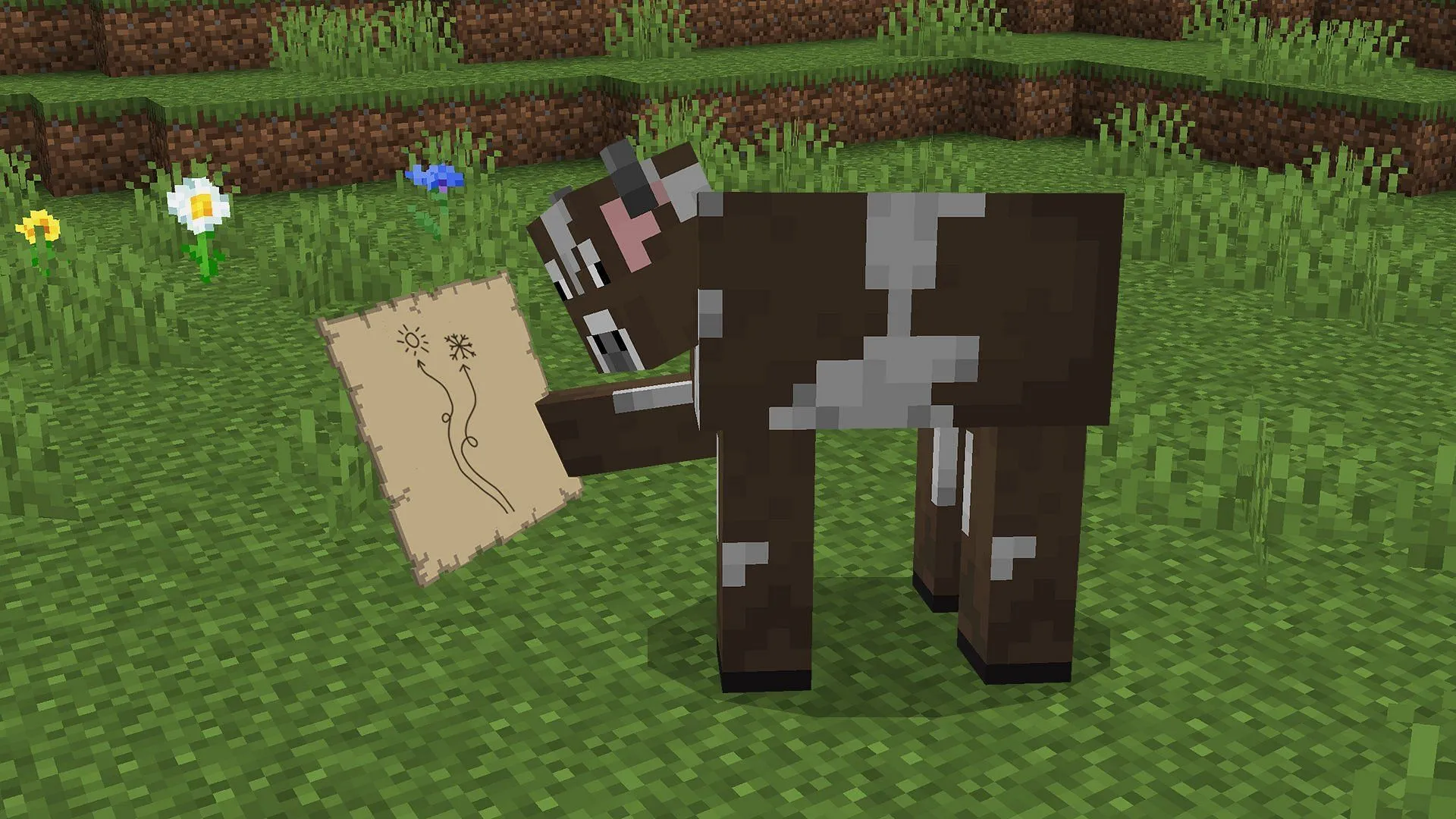
The introduction of seasonal variations could lead to conflicts with existing gameplay mechanics. For instance, winter could reduce crop growth and alter the availability of resources, directly impacting how players interact with the environment. Furthermore, redstone circuits, which are vital for automation, could become less effective as changes like freezing water disrupt their functionality.
Many players take pleasure in cultivating gardens filled with flowers and plants. However, what happens during winter when these plants wither? The pursuit of realism within the game could lead to frustrations for players who cherish their meticulously designed spaces.
Biome-Specific Challenges
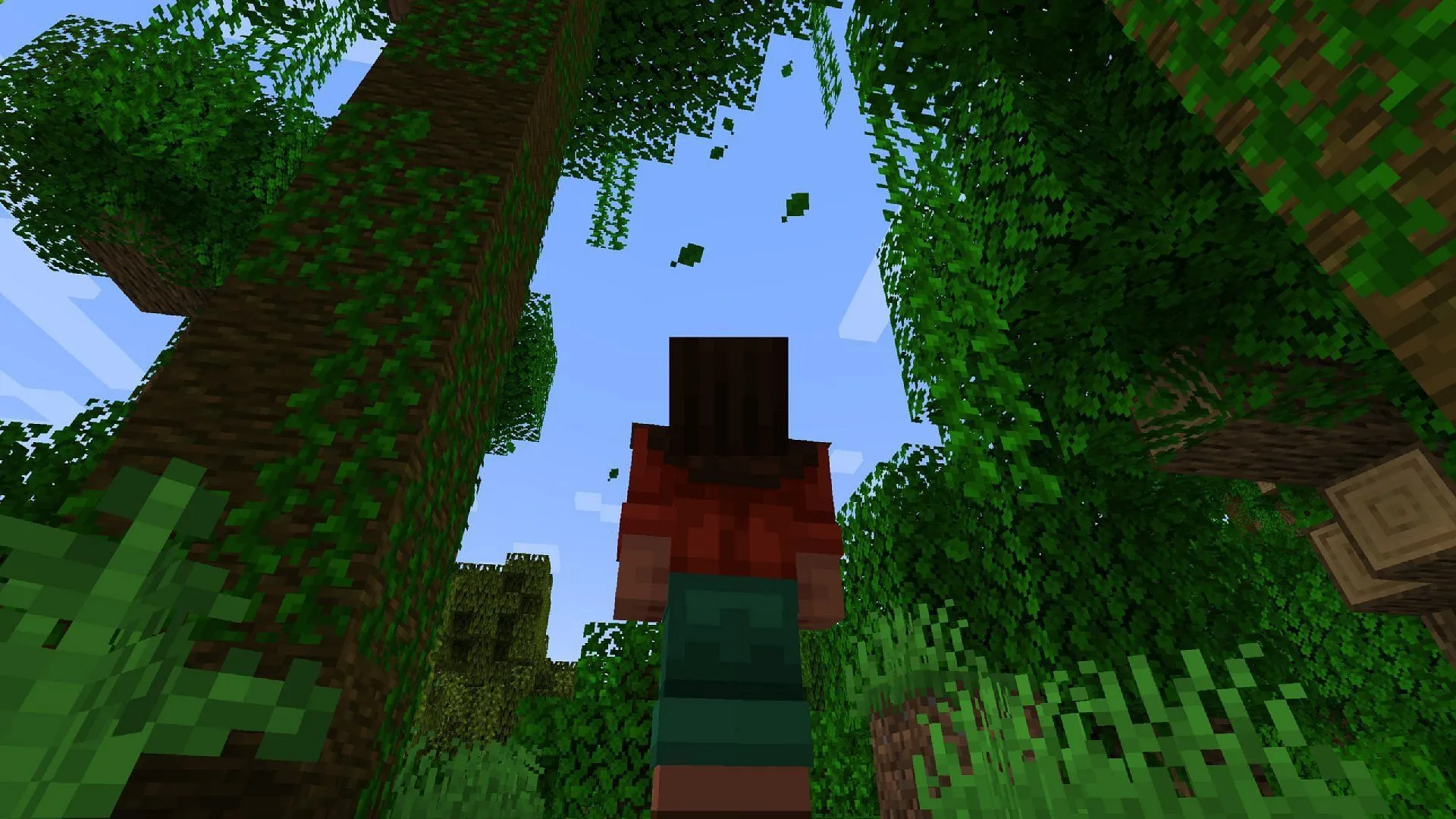
A substantial hurdle in introducing a seasons update lies in the inherent rules governing biomes. For example, the arid characteristics of deserts raise questions about seasonal effects: would it snow in regions traditionally hot and dry? If snowfall is limited to nearby biomes, how does one reconcile the juxtaposition of a snowy landscape against a desolate desert without disrupting the game’s visual coherence?
These transitions between contrasting biomes, combined with their distinct properties, present both aesthetic dilemmas and technical challenges that could strain the performance of devices, complicating the implementation of such an ambitious update.
